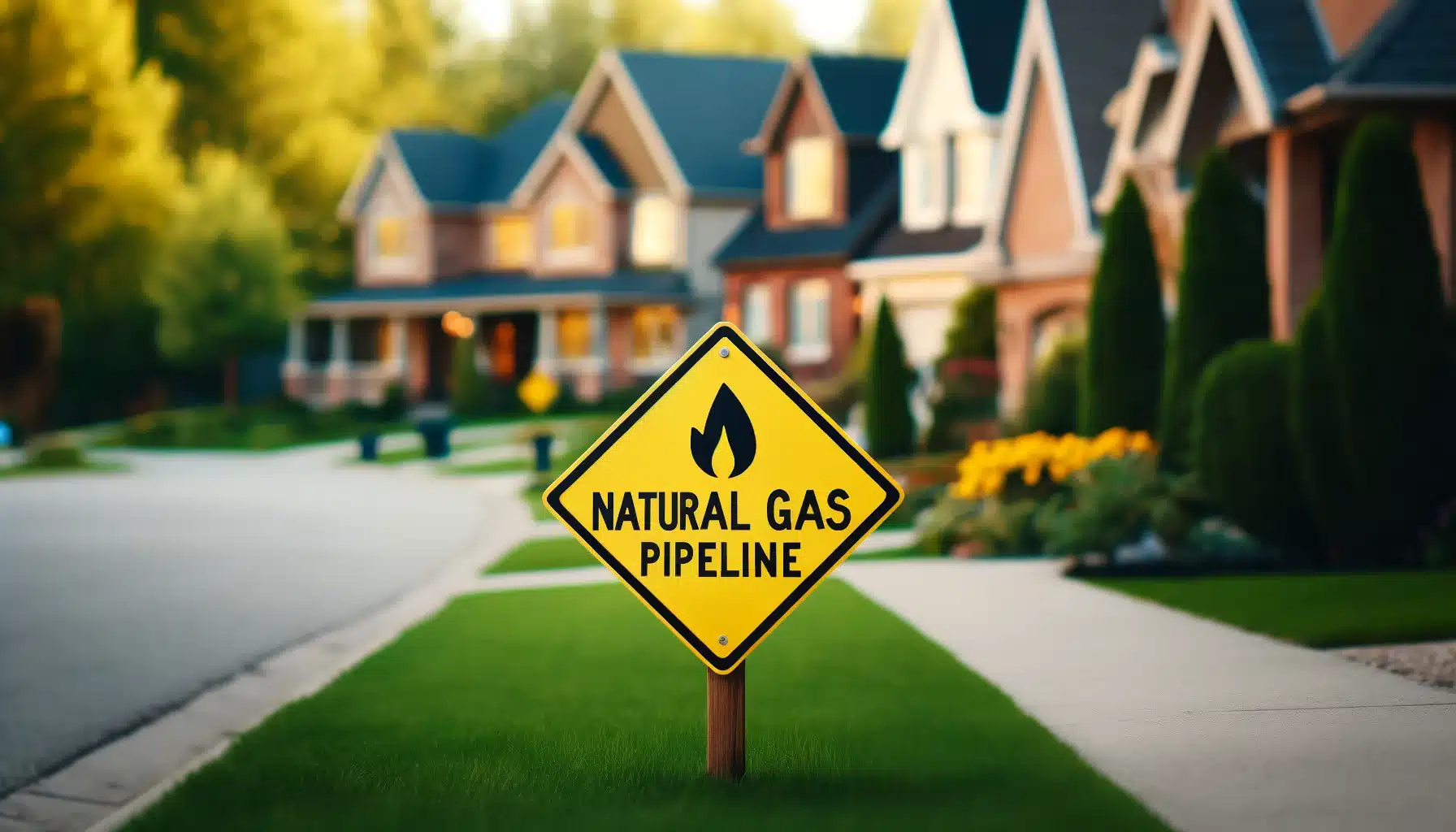
Gas pipelines are crucial for transporting natural gas from production facilities to consumers. However, the construction of these pipelines often raises environmental concerns as they can impact ecosystems, wildlife habitats, and local communities. Balancing the need for progress with the preservation of our environment is essential for sustainable development.
The Importance of Gas Pipelines
Gas pipelines play a vital role in our energy infrastructure, allowing for the efficient transportation of natural gas over long distances. They supply homes, businesses, and industries with a reliable source of energy, helping to meet the growing demand for clean and affordable fuel.
Benefits of Gas Pipelines:
- Reduction of greenhouse gas emissions
- Reliable and consistent energy supply
- Support for economic growth and development
Environmental Concerns
While gas pipelines offer numerous benefits, their construction and operation can have significant environmental impacts. Clearing land for pipeline right-of-ways, potential leaks or spills, and disruption of ecosystems are just a few of the concerns that need to be addressed to minimize environmental damage.
Environmental Concerns Associated with Gas Pipelines:
- Habitat destruction and fragmentation
- Water pollution from construction activities
- Greenhouse gas emissions from pipeline operations
Land Acquisition for Gas Pipelines
Acquiring land for gas pipelines is a complex process that involves negotiating with landowners, obtaining permits, and conducting environmental assessments. Balancing the need for land for infrastructure development with the protection of natural habitats and cultural sites is a delicate task that requires careful planning and consideration.
Challenges in Land Acquisition:
- Resistance from landowners and communities
- Securing rights-of-way through protected areas
- Ensuring compliance with environmental regulations
Strategies for Balancing Progress with Preservation
To address environmental concerns and minimize the impact of gas pipelines on the environment, it is essential to adopt strategies that promote sustainable development and responsible land use practices.
Strategies for Balancing Progress with Preservation:
- Conducting thorough environmental impact assessments before pipeline construction
- Implementing best practices for pipeline design and construction to minimize environmental damage
- Engaging with local communities and stakeholders to address their concerns and incorporate feedback into project planning
- Protecting sensitive habitats and wildlife corridors through proper land management and restoration efforts
- Investing in research and technology to improve pipeline safety and reduce environmental risks
Conclusion
As the demand for natural gas continues to grow, the construction of gas pipelines will remain a critical aspect of our energy infrastructure. However, it is essential to balance the need for progress with the preservation of our environment to ensure a sustainable future for generations to come. By adopting responsible land acquisition practices and implementing strategies to minimize environmental impact, we can strike a balance between development and preservation.